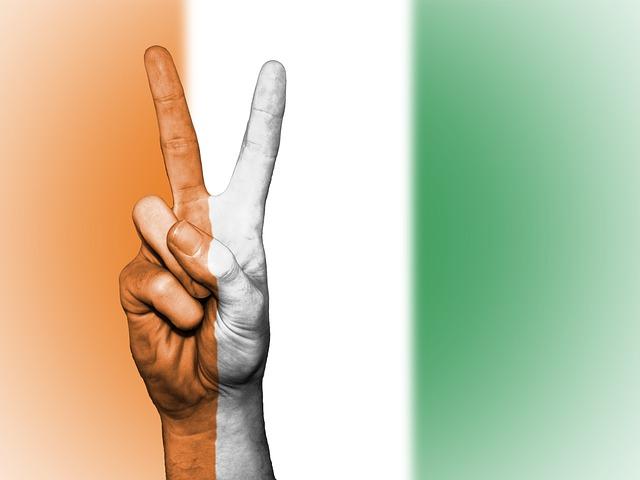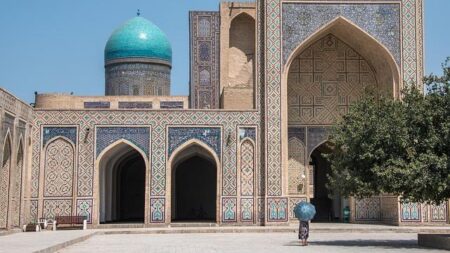In a significant legal challenge that could reshape the landscape of justice in West Africa, victims of the post-electoral crisis in Ivory Coast are taking their fight too the ECOWAS Court against an amnesty law enacted by President Alassane Ouattara. The law, which aims to absolve individuals implicated in the violence that erupted following the contentious 2010 presidential elections, has sparked outrage among those who bore the brunt of the conflict and their advocates. The International Federation for Human Rights (FIDH) has joined the push for accountability, arguing that the amnesty undermines the pursuit of justice and the rights of victims to seek redress. As the case unfolds, it raises critical questions about the balance between political stability and the basic principles of accountability in a region still grappling with the scars of past conflicts.
Ivory Coast’s Legal Landscape: Understanding the Context of the Amnesty Law
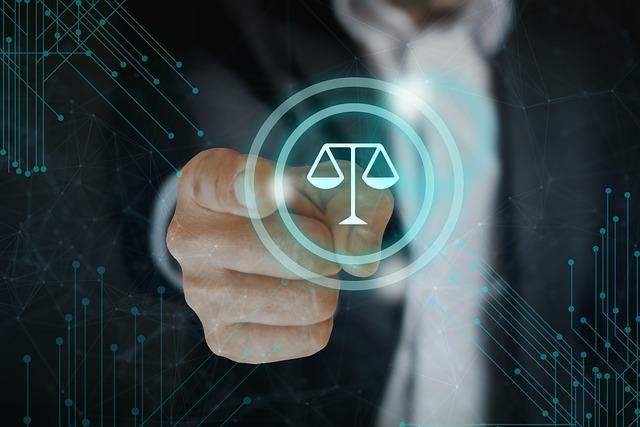
The legal landscape in Ivory Coast has undergone significant transformations, notably in the aftermath of the post-electoral crisis which erupted in 2010-2011. The amnesty law, introduced by President Alassane Ouattara, was initially intended to promote national reconciliation and stability. However, it has sparked widespread controversy, as many see it as a tool that undermines accountability for human rights violations and political violence. critics argue that the law grants impunity to those responsible for crimes during the crisis, thereby perpetuating a culture of silence around the victims’ plight. In the pursuit of justice, the victims‚Äô families and advocacy groups, including FIDH, have turned to the ECOWAS court, challenging the legitimacy and implications of the amnesty law.
This legal battle highlights several crucial aspects of the ongoing struggle for justice in Ivory Coast:
- Victims’ Rights: The pursuit of accountability for atrocities committed during the crisis remains a fundamental aspect of human rights advocacy.
- Legal Precedents: The ECOWAS court’s decisions may set important precedents for similar cases in the region.
- Government Accountability: The amnesty law raises questions about the government’s commitment to accountability and transparency.
- International Scrutiny: The situation has drawn attention from international human rights organizations, emphasizing the need for compliance with international law.
Victims Speak Out: Personal Accounts of the Post-electoral Crisis

As the ECOWAS Court hears the challenging cases against President Alassane Ouattara’s amnesty law, victims of the post-electoral crisis in Ivory Coast are stepping forward to share their harrowing experiences. Many claim that the amnesty not only absolves those responsible but also neglects the needs and rights of the victims. Their stories reveal a chilling picture of suffering, loss, and a quest for justice that feels increasingly elusive. among the accounts are tales of displacement, detention, and violent repression, which highlight the urgent need for accountability in a nation still grappling with the shadows of political unrest.
Victims describe a nightmare that continues to haunt them, reflecting on the deep scars left by the conflict. A former detainee commented on the brutal conditions faced during incarceration, stating, ‚ÄúWe were treated like animals, and our cries for help went unheard.‚ÄĚ Furthermore, family members of the deceased express their frustrations: “We are left without closure, and the amnesty law feels like a betrayal of my loved one‚Äôs memory.” As these victims challenge the status quo in court,they assert their right to speak out and demand recognition,emphasizing the importance of confronting the past in order for the nation to heal and move forward. The overwhelming request from many survivors is simple yet profound: justice must be served.
The Role of ECOWAS: Assessing the Court’s Jurisdiction in National Matters

The ongoing legal battle surrounding the amnesty law passed by the Ivorian government has garnered attention from various human rights organizations. Victims of the post-electoral crisis in Ivory Coast are now invoking the jurisdiction of the ECOWAS Court to challenge the legality and implications of this controversial legislation. This move is significant, as it not only highlights the intersection of national laws and supranational judicial authority but also raises crucial questions about accountability and justice in the aftermath of political violence. The amnesty law, which was designed to foster reconciliation, is perceived by many as an attempt to shield perpetrators of human rights violations from prosecution, thus complicating efforts to secure justice for victims and uphold the rule of law.
The role of the ECOWAS Court becomes increasingly relevant in this context, as it serves as a forum for individuals to seek redress against their governments and contest actions that may contravene regional human rights standards. In assessing its jurisdiction over national matters, the Court has to balance respect for state sovereignty with the need to protect fundamental rights.The implications of this case could be profound, as a ruling against the Ivorian government could signal a shift towards greater judicial oversight in matters of national legislation affecting human rights. Key considerations in this evaluation include:
- Legal precedents established by the ECOWAS Court in past cases.
- The scope of the Court’s jurisdiction in relation to national interests and international law.
- Possible impacts on future cases involving sensitive national legislation.
Challenging Impunity: legal Strategies Employed by Victims
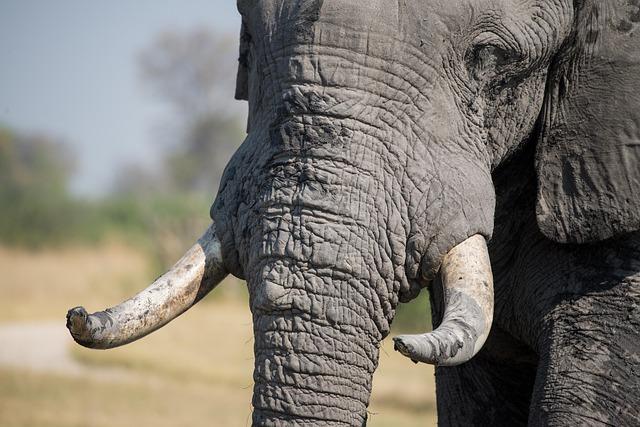
In a groundbreaking move, victims of the post-electoral crisis in Ivory Coast are mounting a legal challenge against President Alassane Ouattara’s controversial amnesty law. By presenting their case before the ECOWAS Court of Justice, these victims aim to scrutinize the legality of the amnesty that was granted to individuals implicated in serious human rights violations. This strategy highlights the increasing determination of survivors to seek justice and accountability for the atrocities they endured. Their legal team emphasizes that immunity from prosecution for perpetrators should not come at the expense of the victims’ rights and the rule of law.
The victims’ approach is multifaceted, employing various legal instruments to advocate for their cause. Key strategies include:
- Challenging Legal Authority: Arguing that the amnesty law violates both national and international legal obligations
- Engaging in Advocacy: Collaborating with local and international NGOs to amplify their voices
- Utilizing Public Awareness: Mobilizing media attention to shed light on their plight and rally public support
This approach reflects a robust effort to dismantle the barriers of impunity, signifying a pivotal moment for victims seeking justice in post-conflict societies. Their action, inspired by a resolute commitment to human rights, sets a precedent that could influence similar cases across the region.
Recommendations for justice: Pathways to Accountability and Reconciliation
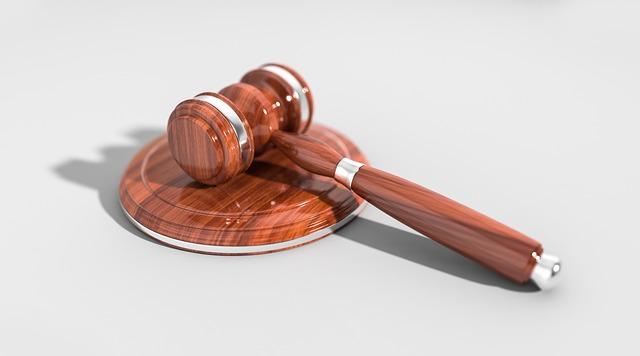
The ongoing challenge by victims of the post-electoral crisis in Ivory Coast against Alassane ouattara’s controversial amnesty law underscores the critical need for a balanced approach to justice. As the situation unfolds in the ECOWAS Court, it becomes imperative to recognize that genuine accountability is essential for lasting peace and reconciliation. A complete strategy should include:
- Victim-centered approaches: Acknowledge the plight of those affected and incorporate their voices in the healing process.
- Strengthening legal frameworks: reform laws to ensure they promote justice rather than impunity.
- International collaboration: Engage with regional and global partners to uphold principles of human rights and legal accountability.
In forging pathways toward accountability, stakeholders must consider mechanisms that not only prevent future violations but also foster societal healing.Review of the existing amnesty laws could pave the way for more effective transitional justice measures. Potential initiatives might include:
| Initiative | Description |
|---|---|
| truth Commissions | Establishing commissions to uncover truths about past atrocities and promote national dialog. |
| restorative Justice Programs | Implementing programs that focus on healing for victims and accountability for perpetrators. |
| Reparation Schemes | Providing compensation and support for victims to aid their recovery and reintegration. |
The Importance of International Observers: Ensuring Fair Trials and Transparency
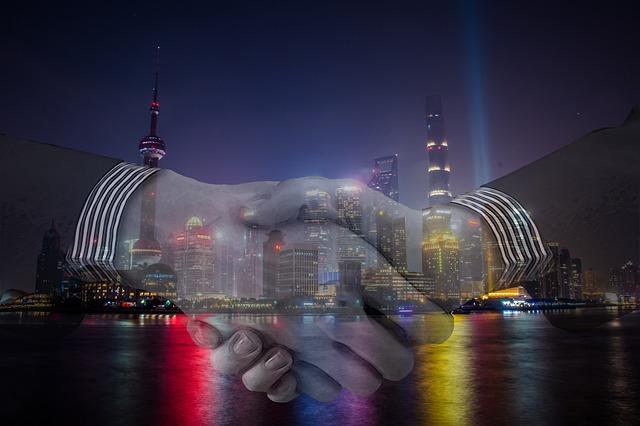
The role of international observers in the realm of justice cannot be overstated, especially in contexts marked by political instability and social unrest. Their presence not only fosters a sense of accountability but also enhances the credibility of judicial processes. in the case of Ivory Coast, where victims of the post-electoral crisis are challenging the amnesty law in the ECOWAS Court, the involvement of autonomous observers is crucial. These observers can ensure that proceedings are conducted fairly, providing a transparent platform for all parties involved. Such oversight helps to mitigate biases and reinforces public trust in the legal system.
Moreover, international observers serve as a vital link between local judicial actions and the broader international community, which can influence state behaviors and policies.They can help uncover potential violations of human rights or any irregularities in the legal processes that might otherwise go unnoticed. By adhering to international legal standards, their assessments can lead to substantive recommendations that promote sustainable justice. The following points highlight the significance of their role:
- Promoting Transparency: Their independent analysis can reveal discrepancies and ensure that justice is served.
- Instilling Confidence: The presence of reputable observers reassures victims and the public that cases are handled without prejudice.
- Facilitating International Dialogue: Observers can bridge local grievances with global human rights discussions.
To Conclude
the ongoing legal battle against President Alassane Ouattara’s amnesty law represents a significant moment for justice and accountability in Ivory Coast. As victims of the post-electoral crisis seek recourse through the ECOWAS Court, their efforts highlight not only the challenges faced in achieving reconciliation but also the broader implications for human rights in the region. The initiative taken by the victims, backed by organizations like the International Federation for Human Rights (FIDH), underscores the importance of judicial avenues for addressing grievances arising from past conflicts. As the situation unfolds, the outcomes of this case have the potential to influence not only Ivorian society but also set a precedent for how similar challenges are navigated across West Africa. The eyes of the international community remain keenly focused on these proceedings, as they could forge a path for enhanced accountability and a more thorough understanding of the rule of law in transitional contexts.

